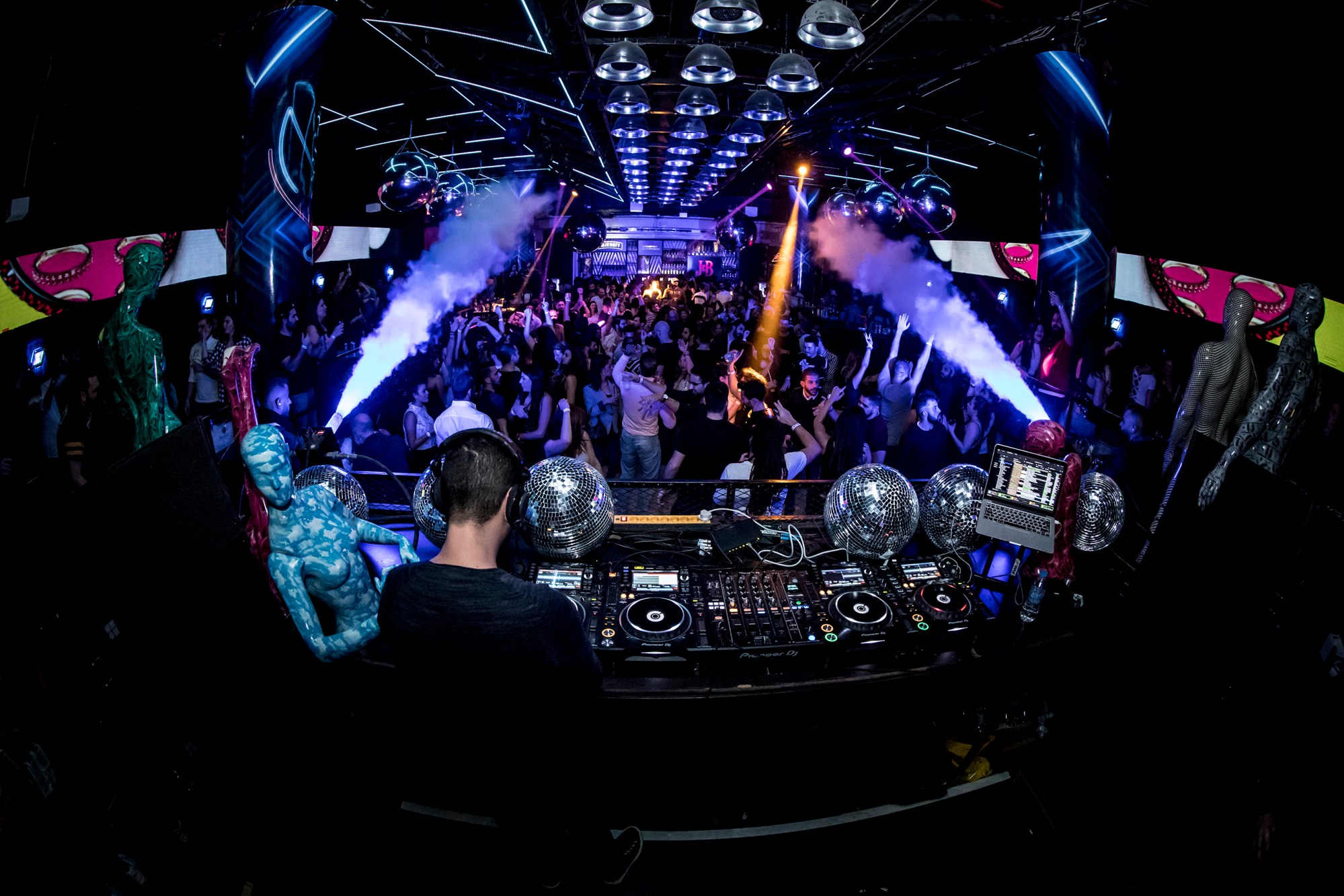Each week, dozens of young Jordanians would gather at venue to listen to electronic music and dance till the wee hours of the morning. These parties took place in various small venues scattered around the capital, Amman, and became a movement towards the growing nightlife scene in Jordan. A country, that borders several areas of conflict in the Middle East is known more for its politics and monarchy than partying and nightclubs.
In the early 2000s, Julian Noursi a local Jordanian promoter started hosting small events with friends in several locations in the capital Amman.
A “contribution” fee of JD 5 ($7.05) at the door was split between Noursi, the DJ of the night, and the AV supplier. “We wanted to have fun!” Noursi told me in a Skype interview. “Our monthly events started attracting like-minded people who just wanted to dance and have a good time.”
In 2003, Noursi was still hosting parties these small parties and also joined Romero Group, a local F&B and events management company where they created an electronic dance music festival called Distant Heat. The epic two-day festival was held in the rocky formations of Wadi Rum, the desert setting for the 1962 movie Lawrence of Arabia, and the shores of the Red Sea in Aqaba. The festival brought Disc Jockey’s like Armin Van Buuren and Ferry Corsten to perform for a crowd of thousands of trance fans from all over the world.
“Distant Heat was magnetic, it was part of a movement,” Noursi added. “It was the youth of Jordan who wanted an outlet to dance and be whoever they wanted to be, it put Jordan on the map, especially for youth tourism.”
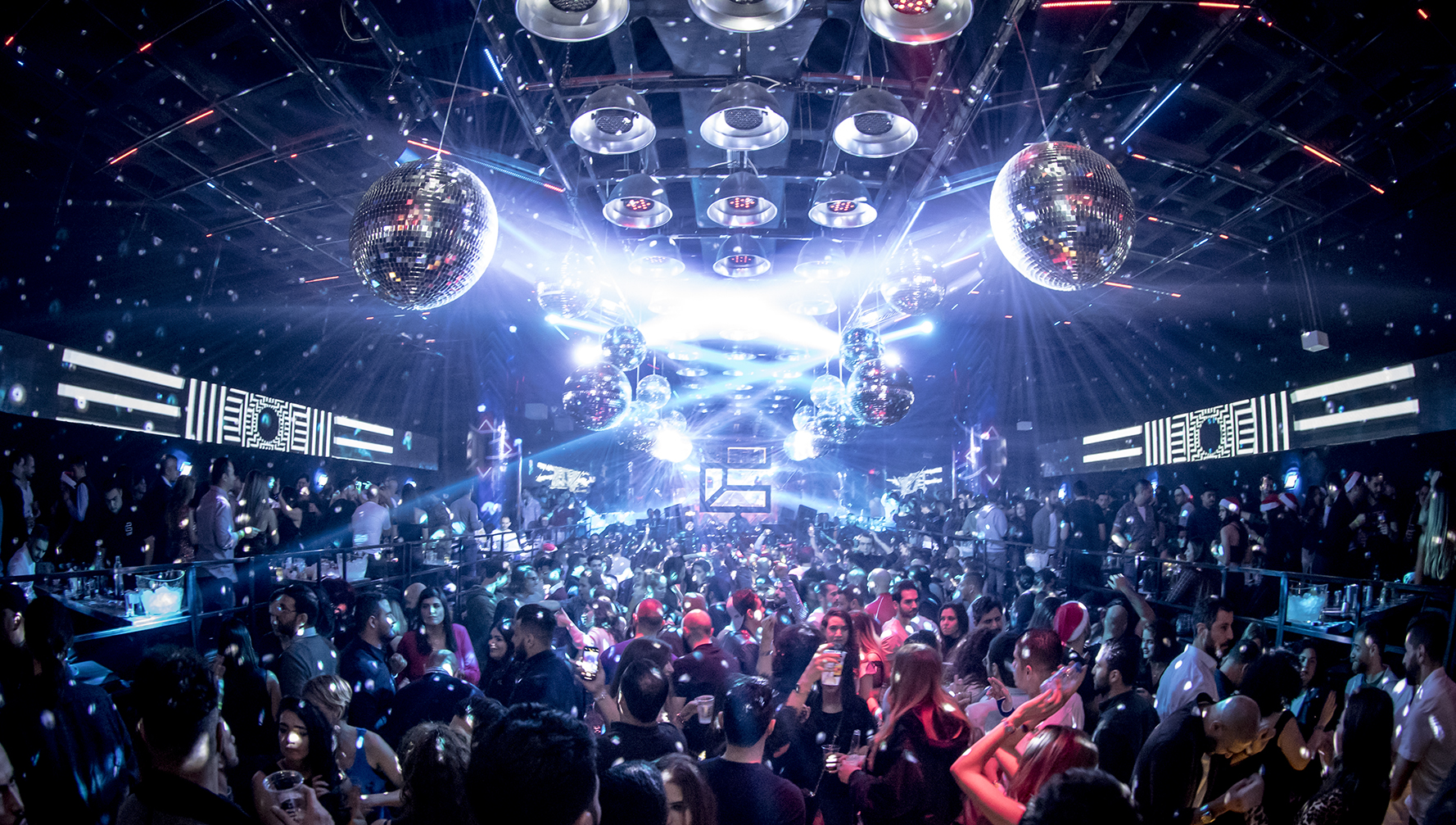
Distant Heat aimed to promote Jordan as a peaceful destination, especially with the regional instability happening all around the borders during the peak of the Iraq war in 2003. The Jordan Tourism board was in full throttle to promote the festival, inviting international journalists to a seven day all-expenses paid trip to Jordan to attend the mind-blowing festival.
Khalid, 29, a young designer who attended Distant Heat in 2009. “It was amazing,” he said. “Back then you didn’t have a lot of outdoor concerts, especially in the middle of the desert.”
But, for Noursi every year came with new challenges to make the festival happen. In 2010, the Distant Heat team were told five days before the festival that they could not have it in Wadi Rum and they had to move everything to a new location.
“It wasn’t easy in terms of logistics to move everything to Aqaba,” Noursi said. “After that we decided to take a break, and I left Jordan and moved to Abu Dhabi in the UAE where I got a job with another event management company called Flash Entertainment.”
After Distant Heat went on hiatus in 2010 Jordanians still wanted to party, small clubs and parties tried to take its place with mediocre success. Nothing was as legendary as Distant Heat, until CLSTR happened.
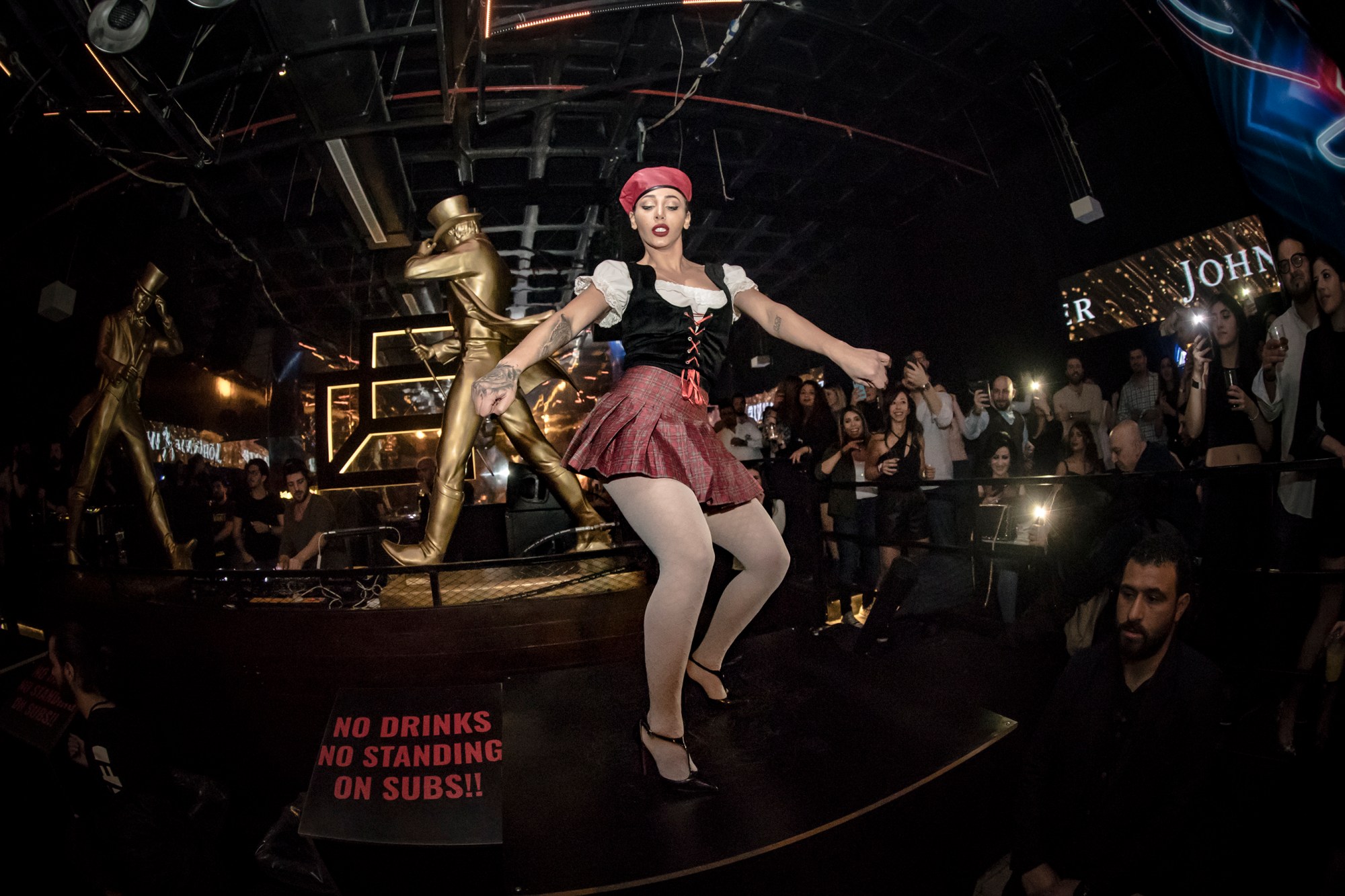
In 2017, a 24-year-old visual/disc jockey and promoter Fayez Burgan awakened the bass that echoed in people’s ears from the earlier days of Distant Heat, with a brand new seasonal pop-up club called CLSTR (pronounced Cluster), which is now in its third season.
I met Fayez on a Monday at his recent venture Attik, a low-key speakeasy lounge a few steps away from CLSTR’s entrance. I found him surrounded by his team discussing the night’s logistics, guestlist, and schedule.
He greeted me warmly and escorted me to an empty table for the interview while his team was running around lighting candles, changing light bulbs, and sweeping the floor in preparation for the night.
“When I came back from university in 2014, there was a gap in the electronic music scene,” Burgan told me. “It was difficult to find something to do on weekends and whenever there was a party there were no guarantees, it depended on the location and promoter.”
Burgan wanted to create a space to bring talent from abroad as well as up-and-coming local DJ’s that needed a place to experiment and play their music to a crowd that equally wanted to listen and explore.
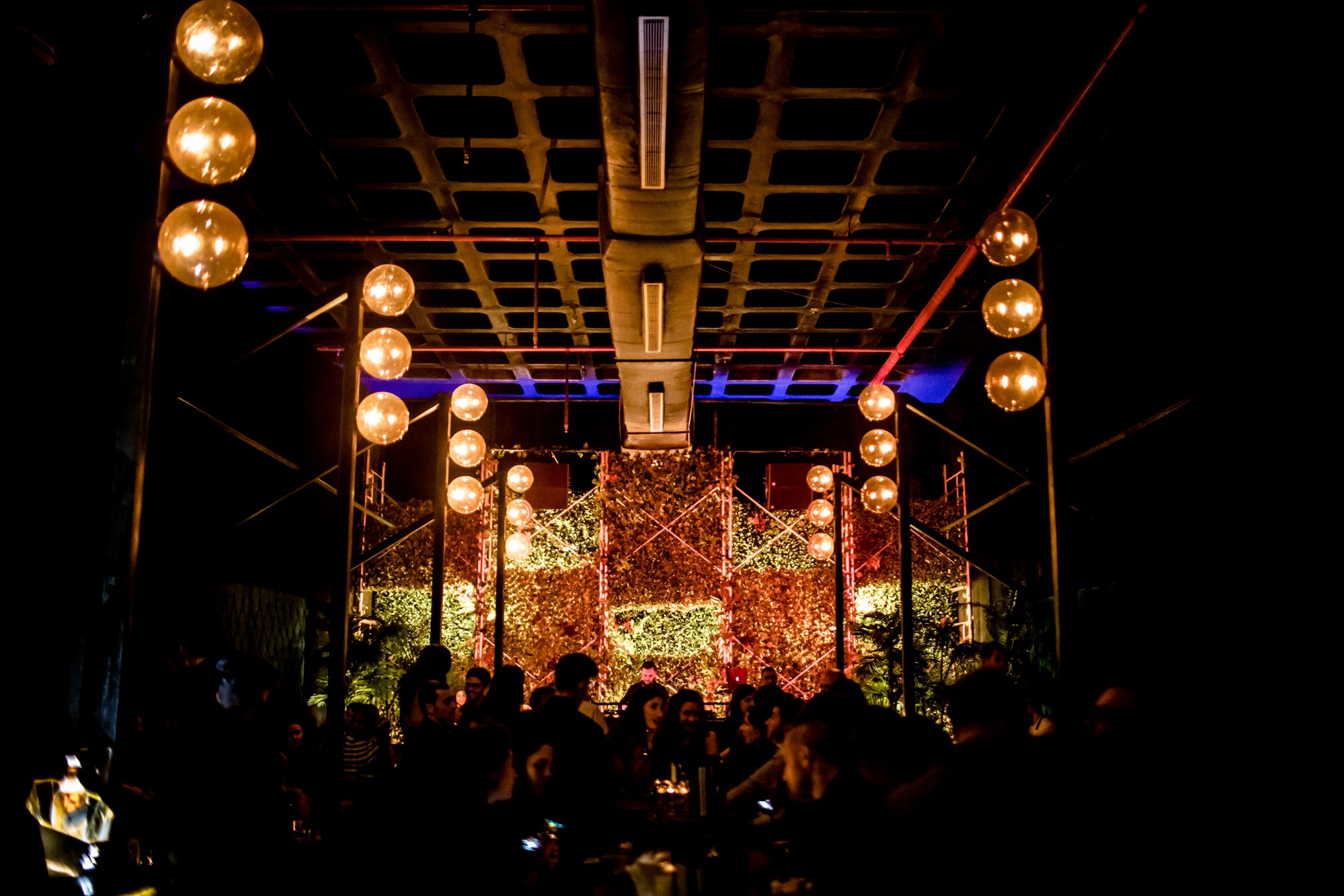
After months of convincing people and pursuing sponsors, CLSTR was up and running in February 2017. The venue, which was an abandoned cinema beneath a prominent hotel, operated on weekends and every weekend there were new international electronic DJ’s playing such as: Viken Arman, Hernan Cattaneo, M.A.N.D.Y, and Jimi Jules.
Every weekend CLSTR was at maximum capacity, fitting a little over 400 people under one roof to dance till 4am. In the club’s third month, Burgan introduced two special nights “In the beginning it was all about electronic music, but we started hosting a monthly hip-hop night which was called Concrete Jungle and a Disco night called Rewind,” he said as he sipped a glass of champagne.
The second season opened in December 2017, in a larger space with a brand new setup, lighting system and floor plan.
“The previous location was a great experiment for us, and a true test to the market size, in addition to client activity and behavior,” Burgan explained. “When we decided on this new location for Season 2, we had complete freedom to start from scratch and reshape the area since we had approximately 900 square meters of clear space to play around with, unlike our first location which was only a third of the space.”
I talked to Shaker, a 27-year-old, business executive who visits CLSTR every weekend. “I go there knowing that I will enjoy the music, run into my friends and make new ones. People appreciate the music in a comfortable environment that caters for the minority who aren’t interested in fancy bottle service and other sorts of social peacocking,” he said.
CLSTR continued to host hip-hop and disco nights for seasons 2 and 3 and even added an Arabic night called CLSTR w Nos (CLSTR & a half). On its debut, the club was at full capacity with hundreds of people waiting in line in the cold to enter. Burgan brought in, a local resident DJ and DJ Chloe from Beirut to play a grand selection of popular Arabic songs.
“We added our own touch with everything from decorations, artwork, name, and even the DJ’s we picked,” Burgan said as he scratched his beard. “The club is growing and so is the demand and following so we wanted to cater to everyone.”
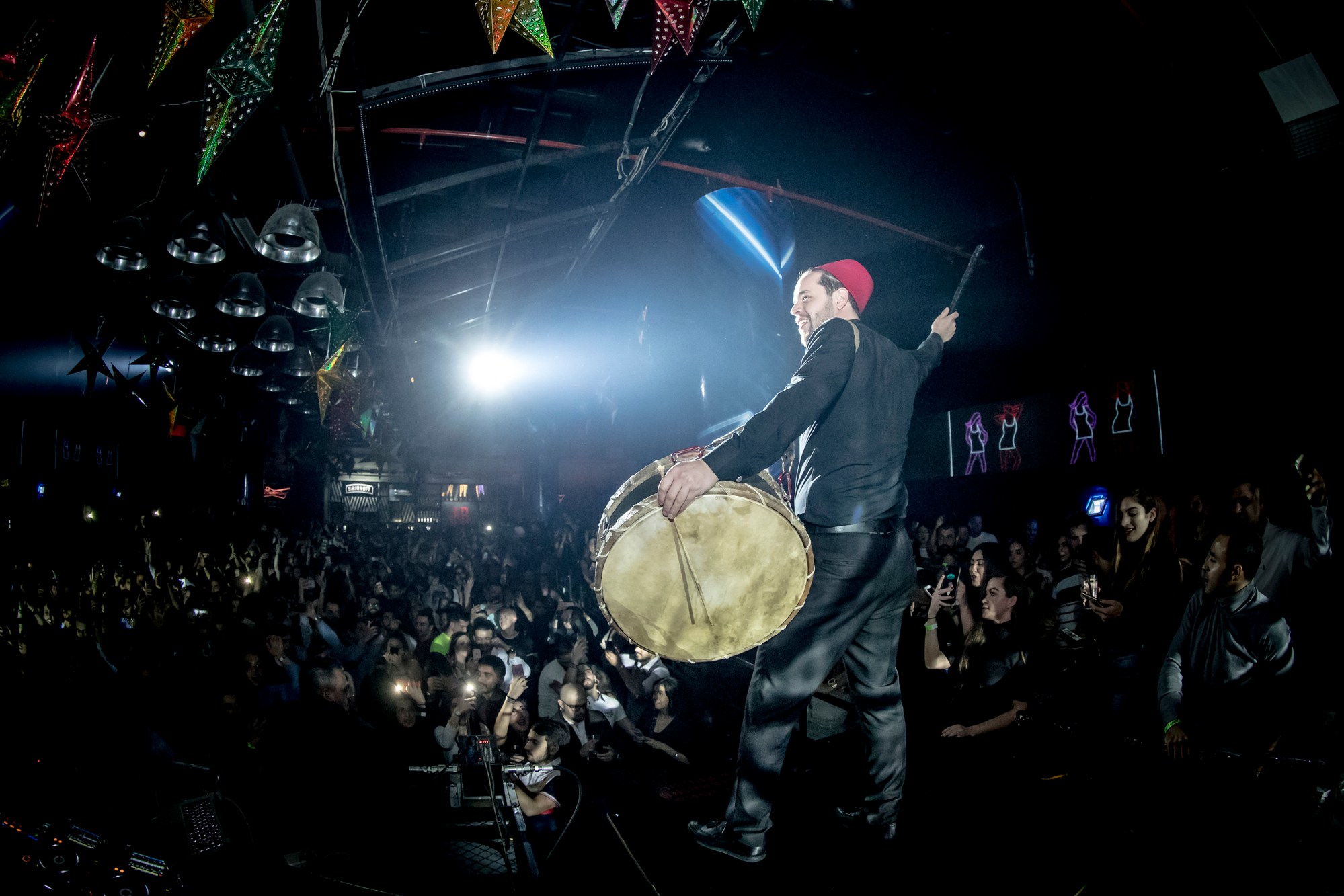
With CLSTR wrapping up it’s third season in a few weeks, Burgan is looking forward to the next step. His new and more intimate venue, Attik, which caters to an older crowd that prefer lavish bottle service and a more personalized experience.
“At Attik you can come order a bite to eat, order premium alcohol, and listen to a different type of music than CLSTR,” he explained as he poured me another glass of champagne. “We wanted to try something new and our team is big and experienced enough to handle another outlet.”
After the success of CLSTR for three years now, younger DJs and promoters are immersing themselves in trying to hit it big by hosting events at local restaurant and smaller venues. With the scene growing slowly but steadily, Jordan can easily compete with clubs from nightlife veterans like Lebanon.
“In Jordan it’s difficult to set up a club because you need permits and a good location in a good neighborhood,” Burgan said. “But the younger generation needs to believe in the concept, push forward and not let anyone affect the end goal.”
